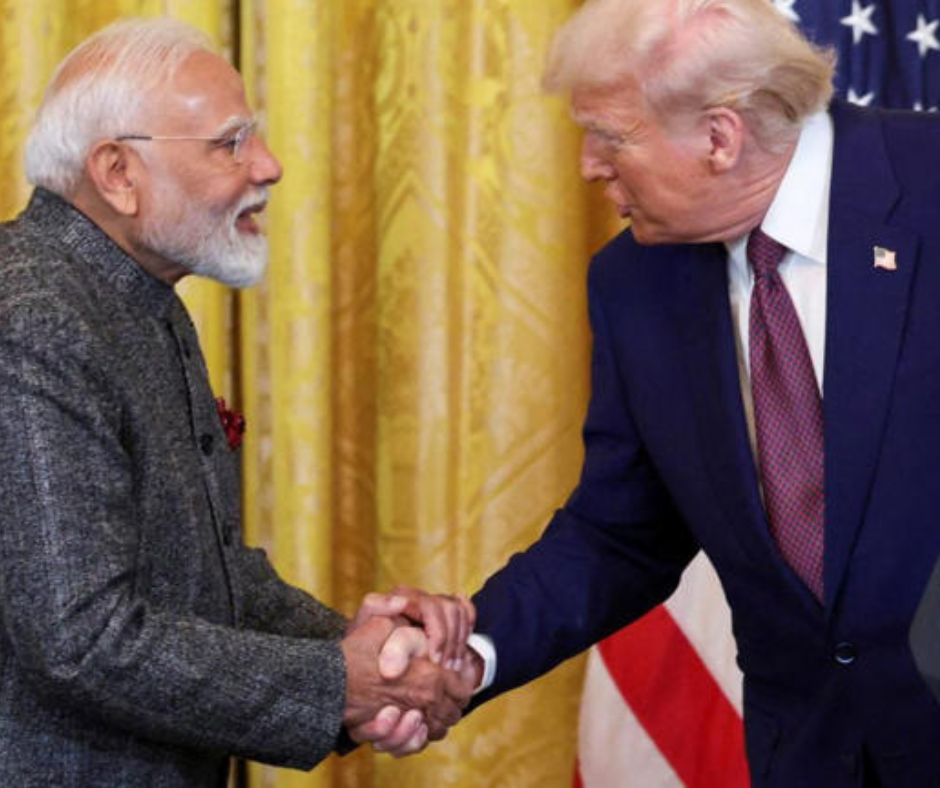
The ongoing trade friction between the US and India got renewed attention when discussions around past tariff decisions made by former US President Donald Trump resurfaced. Many are now wondering—what if India had responded with similar tariffs on American goods?
During his presidency, Trump imposed a range of tariffs on imports from multiple countries, including India. These included duties on items like steel and aluminium, which led to diplomatic and economic responses from trading partners. India did take some countermeasures, but experts say the response was relatively measured.
If India were to impose similar retaliatory tariffs today, what would that mean for US exports?
The US exports a variety of goods to India, including aircraft parts, medical devices, almonds, apples, and electronics. These items could become more expensive for Indian buyers if retaliatory tariffs were applied. That, in turn, could impact American businesses that rely on India as a growing market.
Take almonds, for instance—California is a major exporter, and India is one of its largest buyers. A steep tariff could make Indian importers look to other sources or reduce demand altogether. Similarly, tariffs on high-tech equipment or medical devices could slow collaborations in sectors like healthcare and infrastructure.
But it’s not just about goods. Both countries have strong service and tech partnerships that could feel the indirect effects of a strained trade environment.
While the situation today is more stable, it’s a reminder of how interconnected global economies are—and how trade decisions on one side of the world can ripple across to the other.

